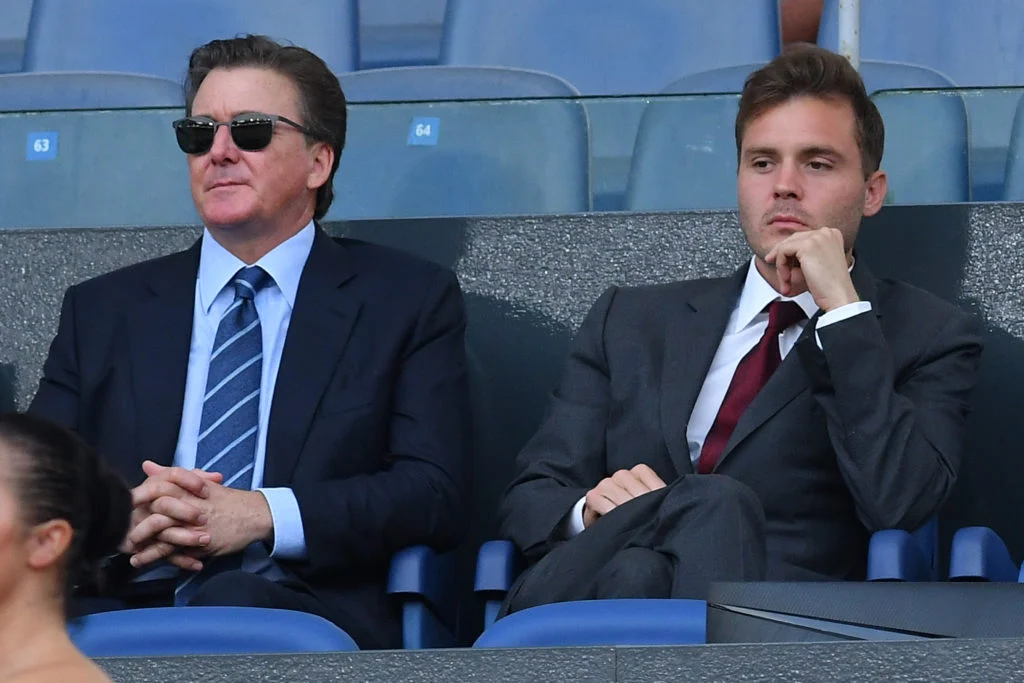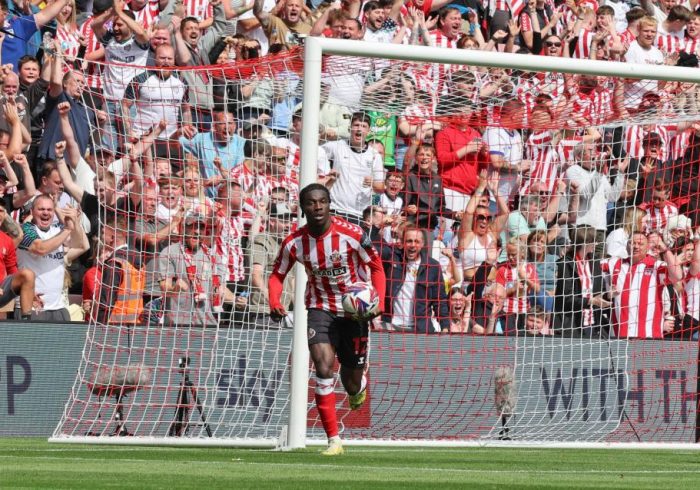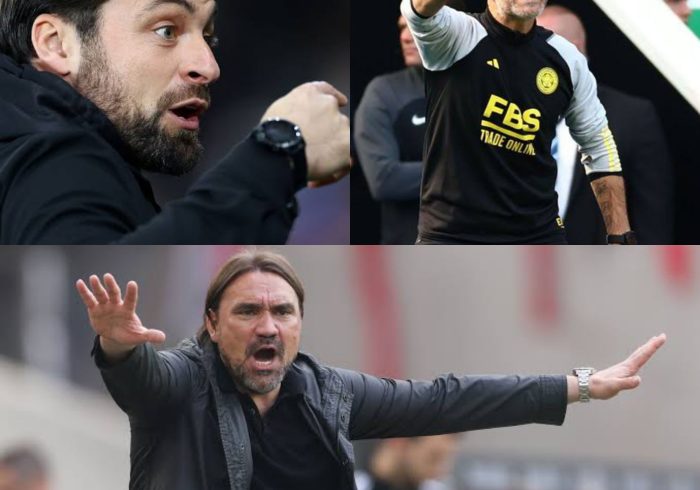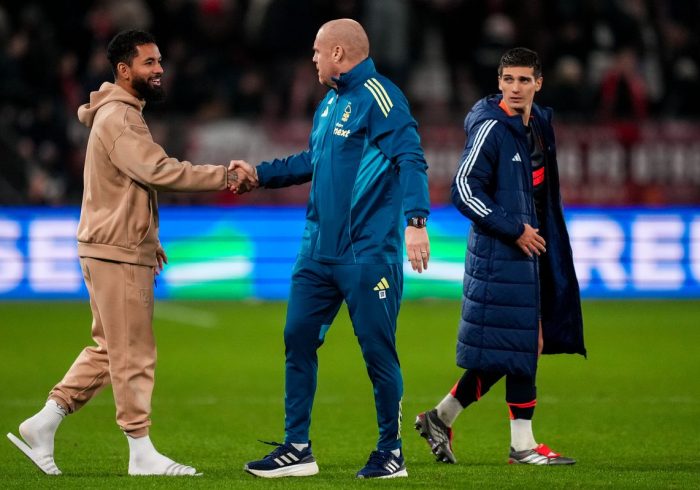Last Friday marked a significant setback for Everton as the anticipated acquisition by The Friedkin Group (TFG) unravelled, leaving owner Farhad Moshiri back at square one in his quest for a new buyer.
There was much optimism surrounding the potential takeover by TFG, given their track record in the football world and ambitious plans for a state-of-the-art stadium at Bramley-Moore Dock. The prospect of a fresh chapter for Everton after years of financial instability seemed within reach. However, Moshiri’s decision to rely heavily on £200m in loans from the controversial 777 Partners proved to be a stumbling block that ultimately derailed the deal.
After repeated missed deadlines and legal entanglements, 777 Partners’ protracted pursuit of Everton came to an unceremonious end, prompting TFG to withdraw from the negotiations. While Everton’s immediate financial situation remains stable, the unresolved issue of the loans has cast a shadow over the club’s future and raised concerns among potential buyers.
As Moshiri embarks on a new search for interested parties to take over the club, the spectre of the 777/A-CAP debacle looms large over the negotiations. The fallout from this failed deal has added an additional layer of complexity to the ownership landscape at Everton, with previous suitors now reconsidering their involvement in light of the unresolved loan issues.
The decision by TFG to walk away from the acquisition has not only left Everton in a precarious position but has also raised doubts about the club’s attractiveness to potential investors. The fallout from Moshiri’s ill-fated reliance on 777 Partners has not only complicated the sale process but has also highlighted the challenges that lie ahead in securing a stable and prosperous future for Everton Football Club.



